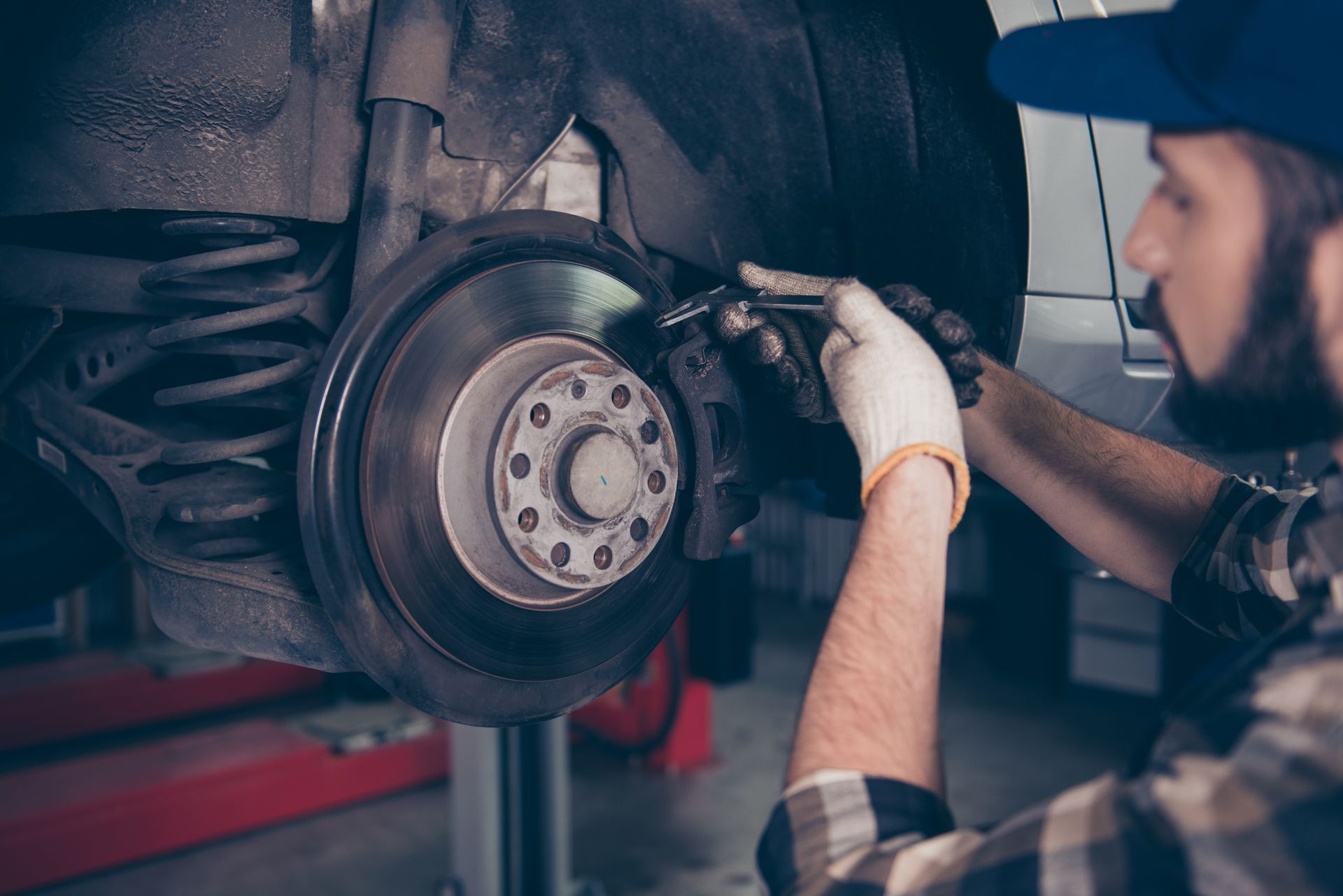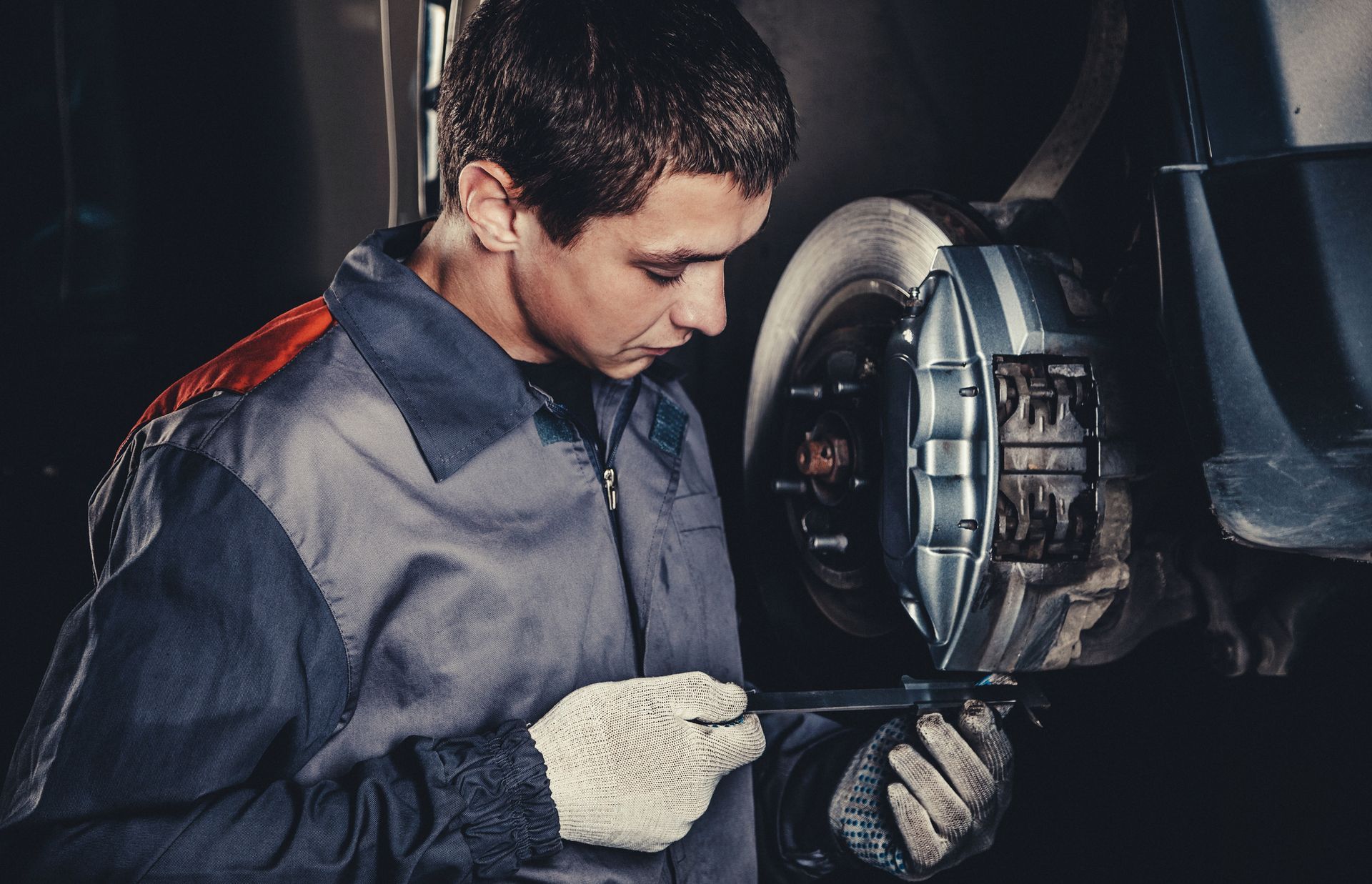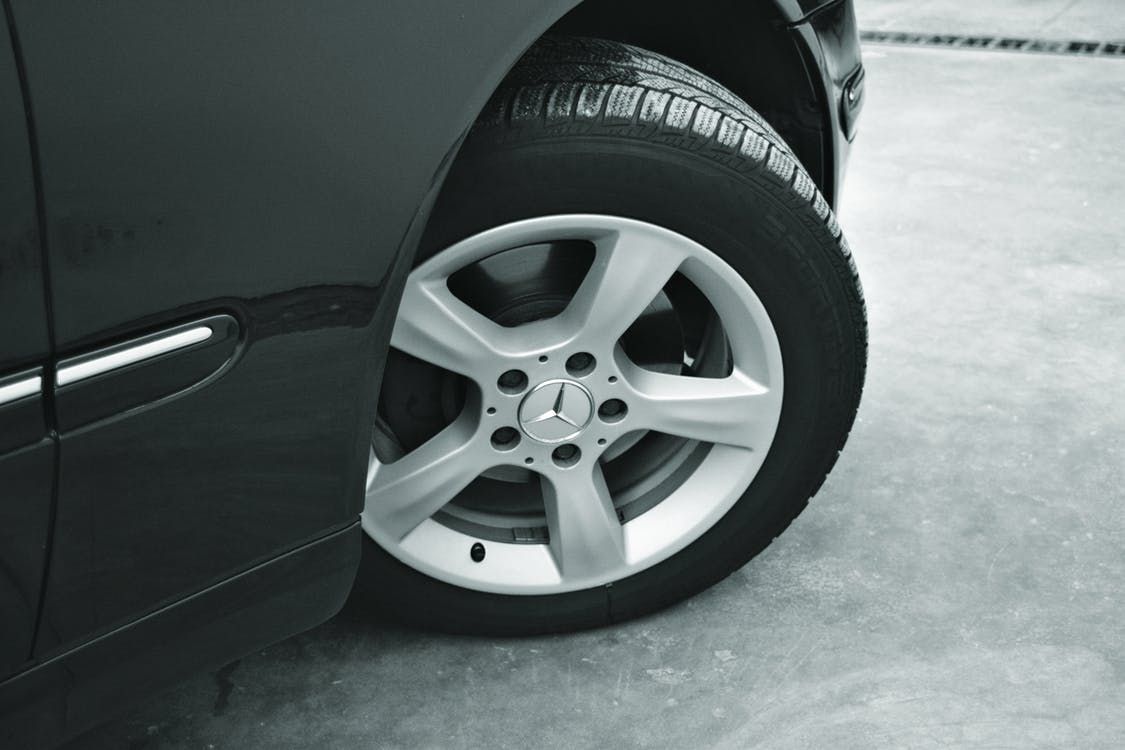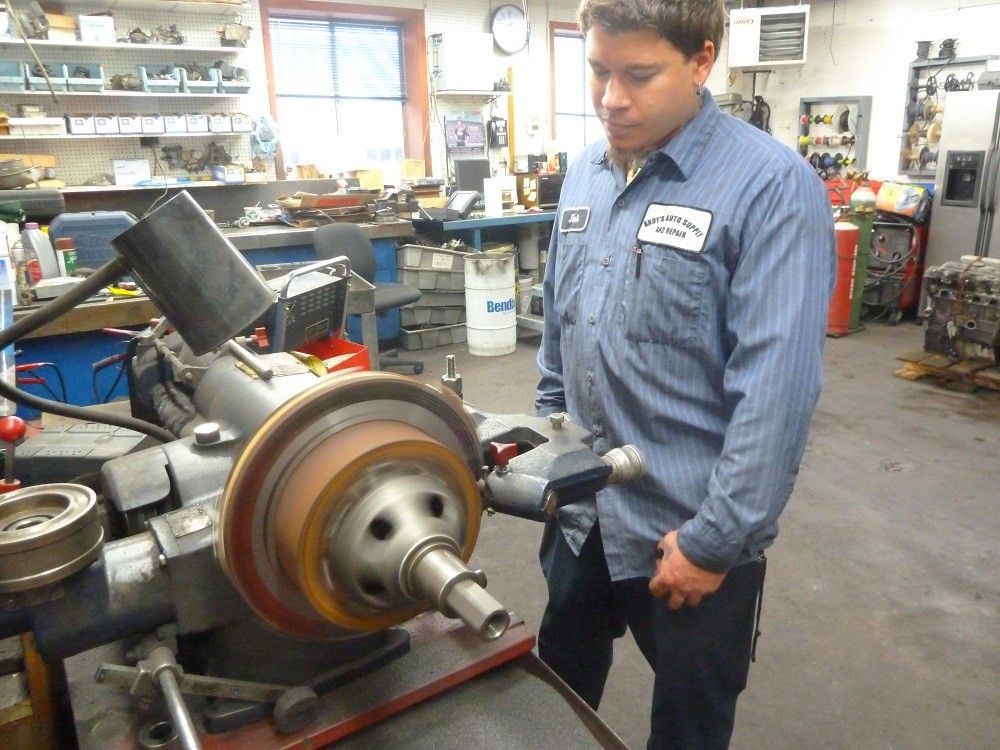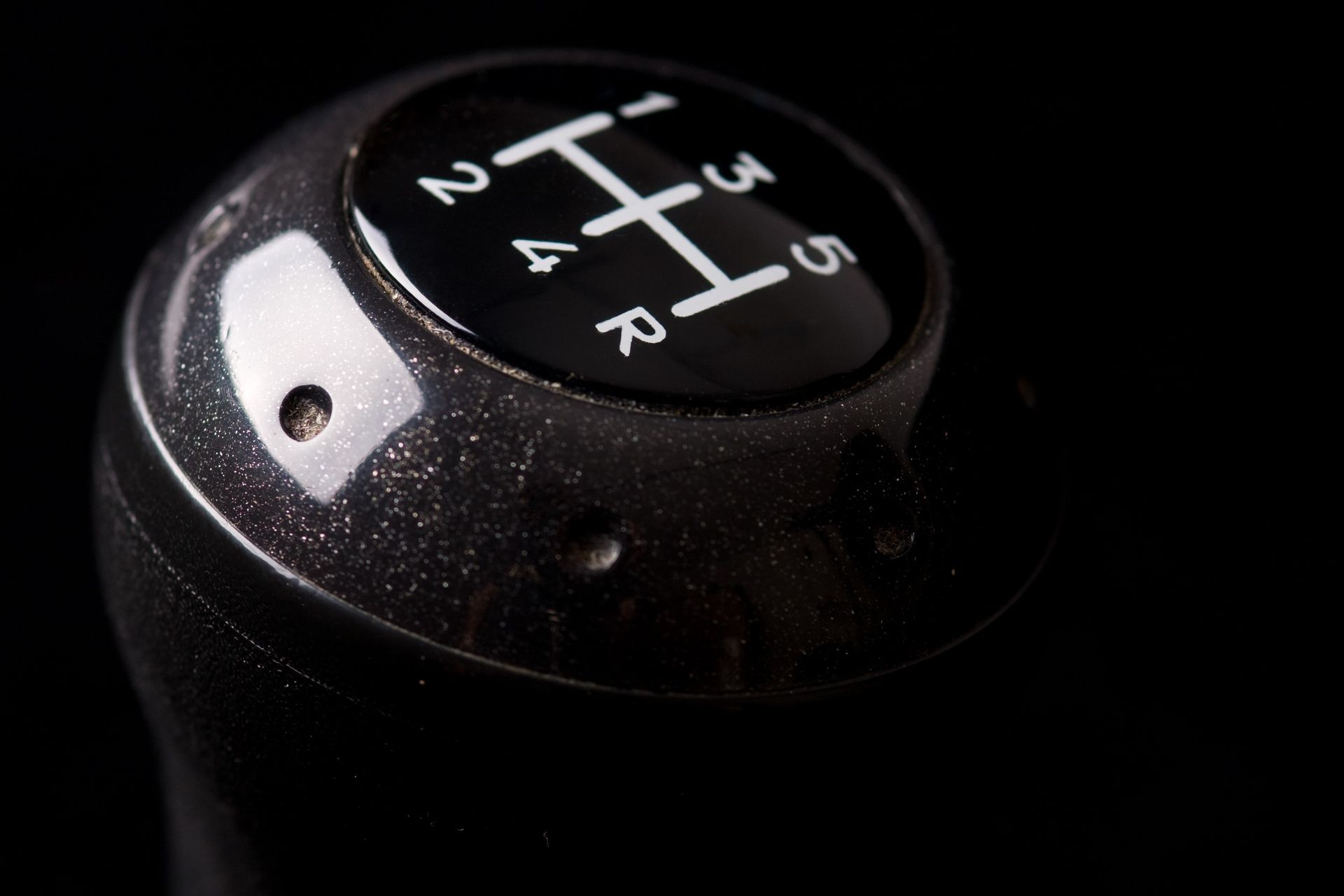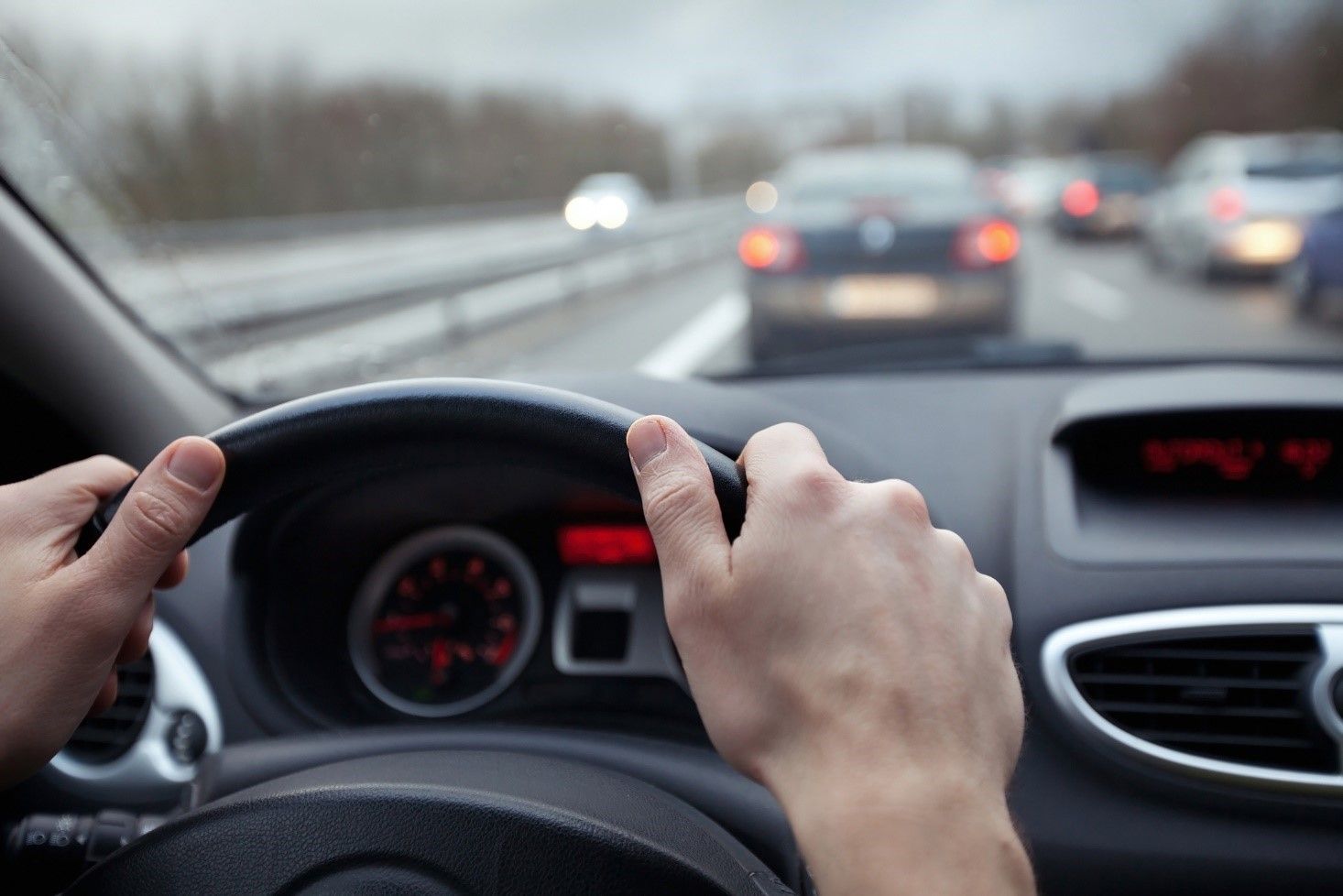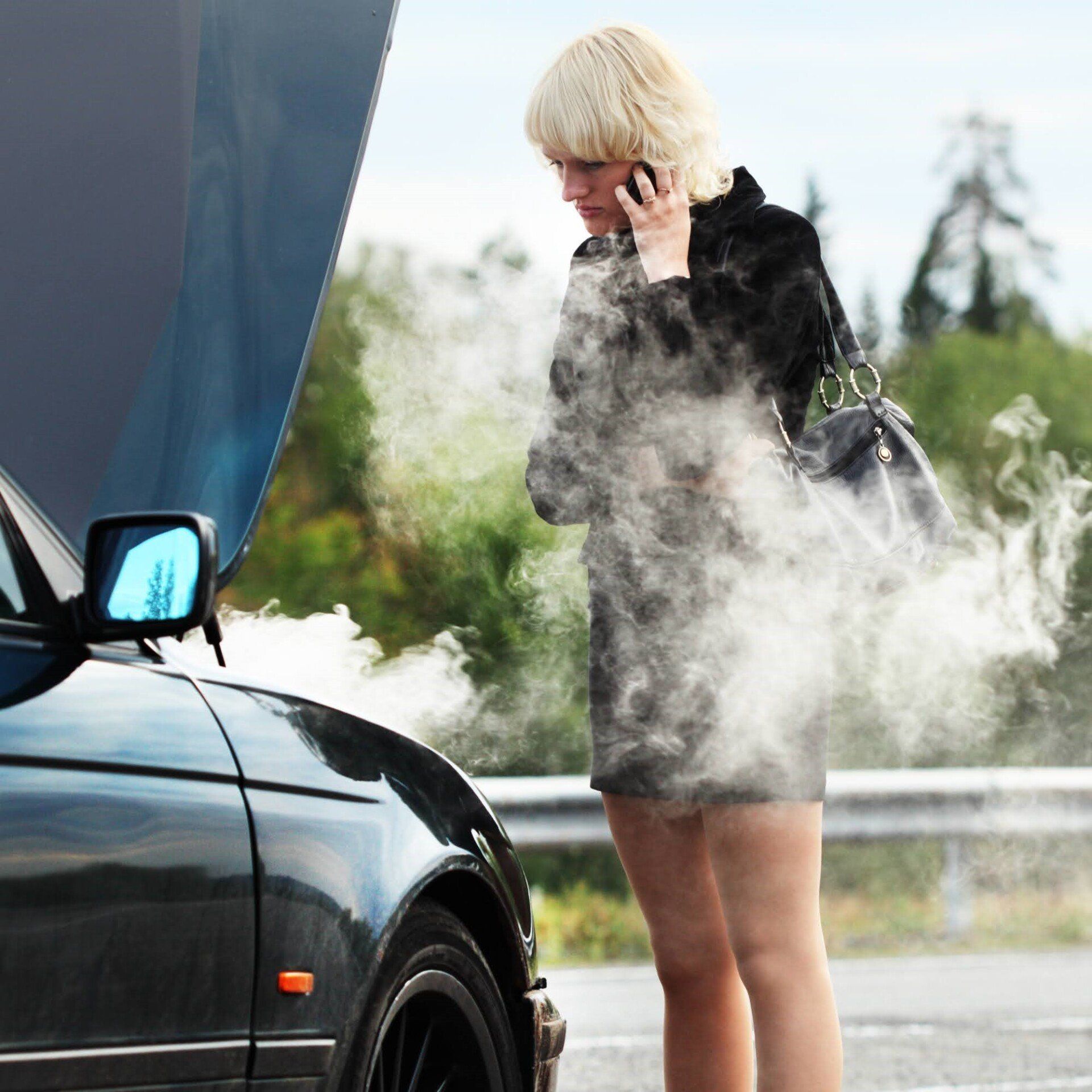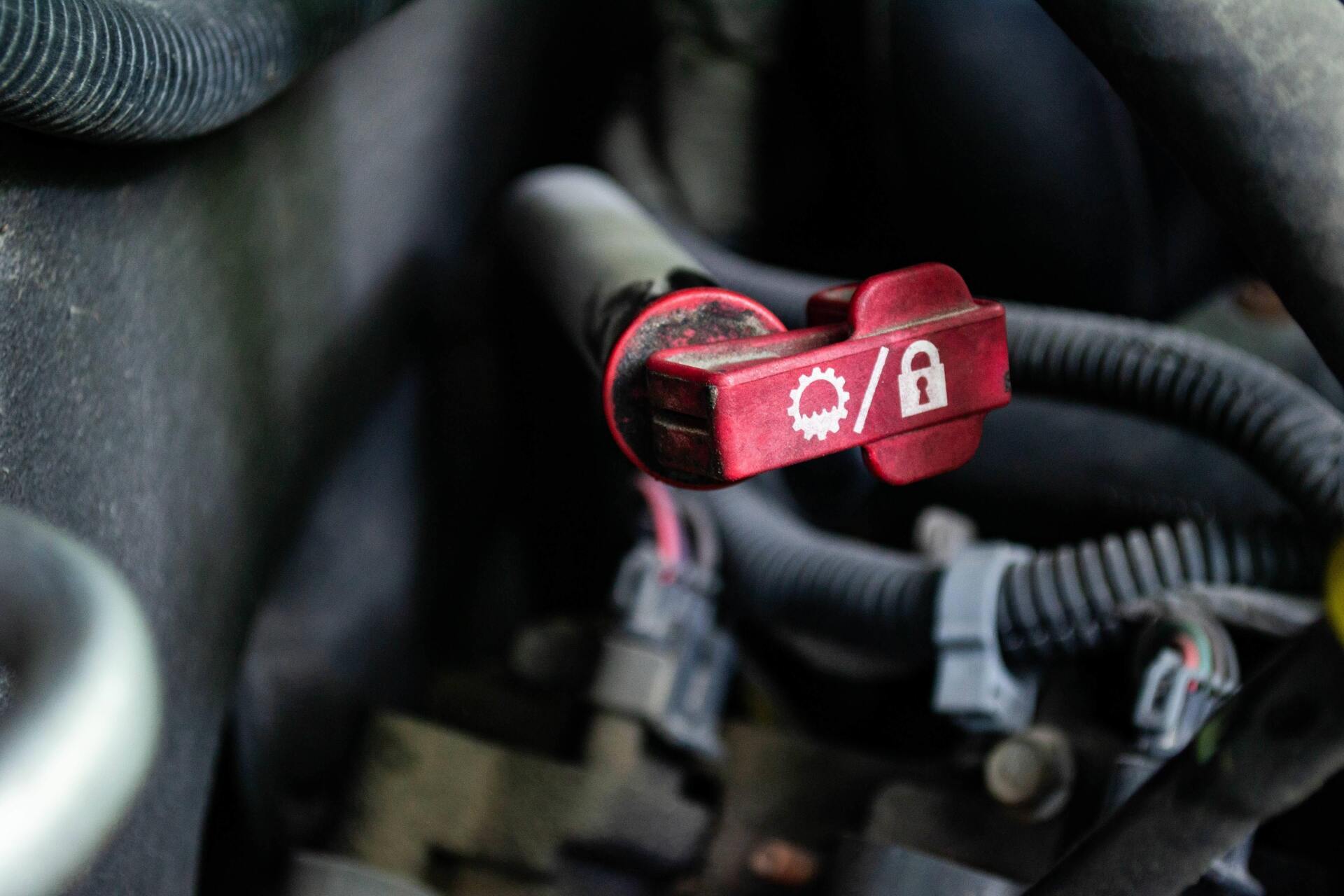How to Stop Brakes From Squeaking (Without Using WD-40)

While WD-40 may be a common option for fixing mechanical squeaks, when your car is what's squeaking, you'd do best to skip the lubricant.
A vehicle's brake system is one of its most important parts because it contributes so heavily to the safety of drivers and passengers, as well as pedestrians and others on the road. If your car can't stop, you shouldn't be driving it—and a lubricant like WD-40 can cause your brakes to fail because the brakes need friction to function correctly.
Since WD-40 is off the table, what are some safer ways to reduce squeaking on brakes without sacrificing safety? Read on to find out.
Squeaking as you start to drive
If your brakes tend to squeak as you begin a drive but as the car continues to run the squealing disappears, the most likely culprit is moisture. Continued driving will cause any dew, condensation or rust to scrape off of the brakes and rotors so that the noise stops.
However, if you want to stop the squeaking from this issue more permanently, store your car in a garage where the temperature overnight is more likely to stay stable and where the vehicle is protected from storms. Storage in a protected area can also reduce the risk of rust that can build up over time and cause your brakes to fail.
Squeaking on a dirt road
If you often drive on dirt or gravel, foreign objects may get lodged in between the brake pad and the rotor. Common culprits may include dirt, twigs and rocks. If you suspect that your brakes are dirty, a mechanic should take a look. If you catch the issue early, before the rotors are damaged, you can save yourself a lot of money.
Squeaking and vibrating
If your car is vibrating as your brake in addition to squeaking, you most likely have a warped rotor on your hands. While the rotor can be replaced, the more common fix for this problem is to grind and hammer out the warps, which allows continued safe use of the same part for longer.
Squeaking any time you use the brakes
If the brakes squeal no matter what, you should take your car to a shop to see what's going on. A variety of issues could cause constant squealing, and while some of them are harmless, others could indicate that your car needs some major work.
Newer materials
Many newer cars are made with metallic or ceramic brakes. They provide great stopping power, but they can be a little noisier. This noise is harmless, but if you want a quieter car, you may want to have the OEM brakes switched out for aftermarket parts that are designed to mute noise.
Another option that can solve harmless squeaking is an anaerobic adhesive, which bonds well to metal and can help reduce noise.
Wear indicator
Some types of brakes are equipped with a wear indicator that squeals when the brakes are worn down. Brake pads are consumable products, so they lose material as they're used. When they lose enough material, the indicator starts to scrape against the rotor, indicating that you need to change out the brake pads as quickly as possible so that your brakes continue to function properly.
Poor installation
If the brakes on your vehicle were installed poorly, the calliper may be sticking or the brake pads might be loose. While a sticky calliper may be solved with some grease on the contact points, you must be sure not to get it on the rotors or brake pads. The delicacy of this operation may require a mechanic's expertise.
If your brakes are squeaking, let a professional take care of them. Our team at Stopmaster Brakes will provide you with a free quote and quality workmanship for any brake or rotor problems you have. Contact us today.

